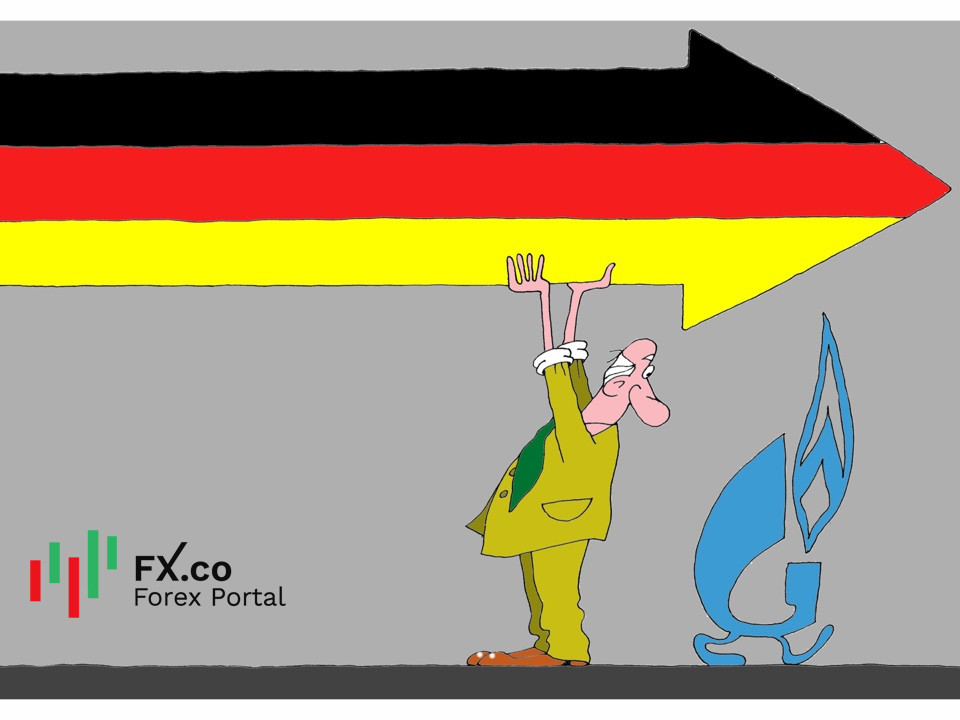
On May 1, top German economists voiced concerns about a high risk of recession in the national economy. Such a scenario is extremely likely if Germany imposes a full embargo on imports of Russian commodities.
The German economy may dwindle significantly due to the tense geopolitical situation caused by the Russia-Ukraine conflict. If Germany decides to abandon Russian commodities, it is sure to face unpleasant consequences, e.g. a spike in energy prices and inflation, a sharp drop in average hourly wages and in employment.
The economic expansion in Germany may be hampered given the current risks, KfW chief economist Fritzi Koehler-Geib noted. Veronika Grimm, a member of the German Council of Economic Experts, expressed a similar point of view. She called on the government to increase investment in renewable energy.
Keller-Guib sees the root of the problem in surging energy prices. Higher commodity prices fueled inflation and undermined the purchasing power in March this year, he stressed.
Currently, there are several negative factors for the German economy such as supply chain disruptions triggered by lockdowns in China, as well as a shortage of qualified specialists and skyrocketing energy prices.
Market strategists reckon that in 2022, real disposable income may decline strongly on the back of galloping inflation. According to Katharina Utermel, an economist at Allianz, the largest German insurance company, Germany is likely to experience the sharpest decrease in wages since 1990.
Deutsche Bank analyst Mark Shattenberg is also pessimistic about the economic prospects. He believes that a positive scenario may take place only if there are no Russian gas supply disruptions. Otherwise, Germany should brace for a surge in unemployment.
 English
English 
 Русский
Русский Bahasa Indonesia
Bahasa Indonesia Bahasa Malay
Bahasa Malay ไทย
ไทย Español
Español Deutsch
Deutsch Български
Български Français
Français Tiếng Việt
Tiếng Việt 中文
中文 বাংলা
বাংলা हिन्दी
हिन्दी Čeština
Čeština Українська
Українська Română
Română

Comments: